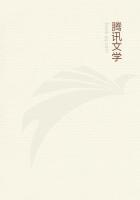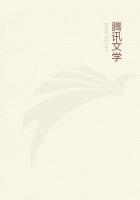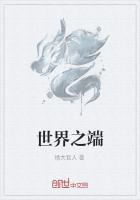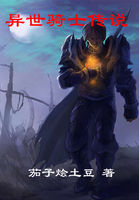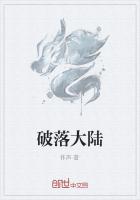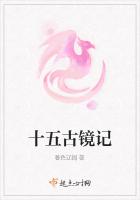Aristotle has analysed several of the same fallacies in his book 'De Sophisticis Elenchis,' which Plato, with equal command of their true nature, has preferred to bring to the test of ridicule. At first we are only struck with the broad humour of this 'reductio ad absurdum:' gradually we perceive that some important questions begin to emerge. Here, as everywhere else, Plato is making war against the philosophers who put words in the place of things, who tear arguments to tatters, who deny predication, and thus make knowledge impossible, to whom ideas and objects of sense have no fixedness, but are in a state of perpetual oscillation and transition. Two great truths seem to be indirectly taught through these fallacies: (1) The uncertainty of language, which allows the same words to be used in different meanings, or with different degrees of meaning: (2)The necessary limitation or relative nature of all phenomena. Plato is aware that his own doctrine of ideas, as well as the Eleatic Being and Not-being, alike admit of being regarded as verbal fallacies. The sophism advanced in the Meno, 'that you cannot enquire either into what you know or do not know,' is lightly touched upon at the commencement of the Dialogue;the thesis of Protagoras, that everything is true to him to whom it seems to be true, is satirized. In contrast with these fallacies is maintained the Socratic doctrine that happiness is gained by knowledge. The grammatical puzzles with which the Dialogue concludes probably contain allusions to tricks of language which may have been practised by the disciples of Prodicus or Antisthenes. They would have had more point, if we were acquainted with the writings against which Plato's humour is directed. Most of the jests appear to have a serious meaning; but we have lost the clue to some of them, and cannot determine whether, as in the Cratylus, Plato has or has not mixed up purely unmeaning fun with his satire.
The two discourses of Socrates may be contrasted in several respects with the exhibition of the Sophists: (1) In their perfect relevancy to the subject of discussion, whereas the Sophistical discourses are wholly irrelevant: (2) In their enquiring sympathetic tone, which encourages the youth, instead of 'knocking him down,' after the manner of the two Sophists: (3) In the absence of any definite conclusion--for while Socrates and the youth are agreed that philosophy is to be studied, they are not able to arrive at any certain result about the art which is to teach it. This is a question which will hereafter be answered in the Republic; as the conception of the kingly art is more fully developed in the Politicus, and the caricature of rhetoric in the Gorgias.
The characters of the Dialogue are easily intelligible. There is Socrates once more in the character of an old man; and his equal in years, Crito, the father of Critobulus, like Lysimachus in the Laches, his fellow demesman (Apol.), to whom the scene is narrated, and who once or twice interrupts with a remark after the manner of the interlocutor in the Phaedo, and adds his commentary at the end; Socrates makes a playful allusion to his money-getting habits. There is the youth Cleinias, the grandson of Alcibiades, who may be compared with Lysis, Charmides, Menexenus, and other ingenuous youths out of whose mouths Socrates draws his own lessons, and to whom he always seems to stand in a kindly and sympathetic relation. Crito will not believe that Socrates has not improved or perhaps invented the answers of Cleinias (compare Phaedrus).

